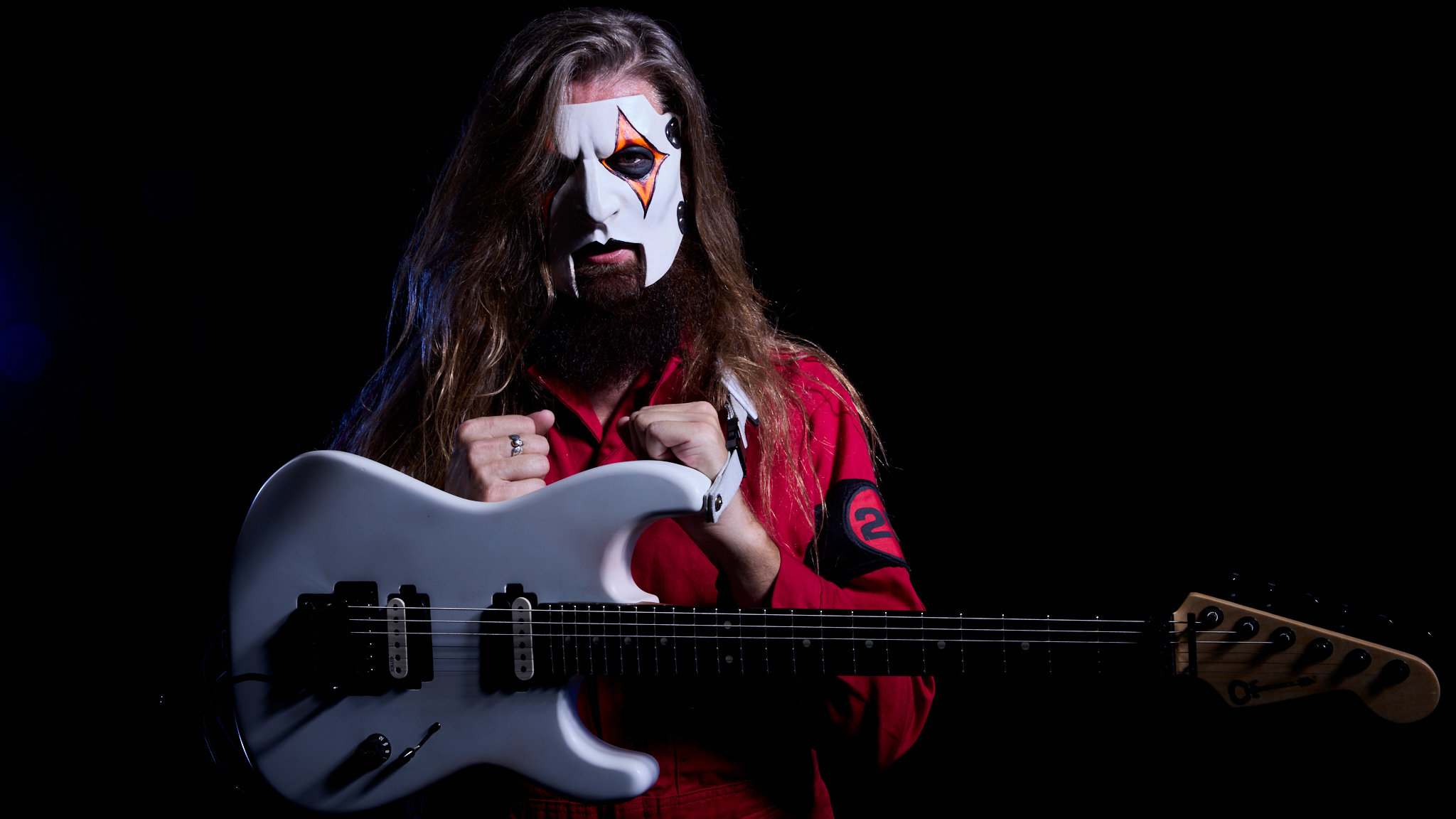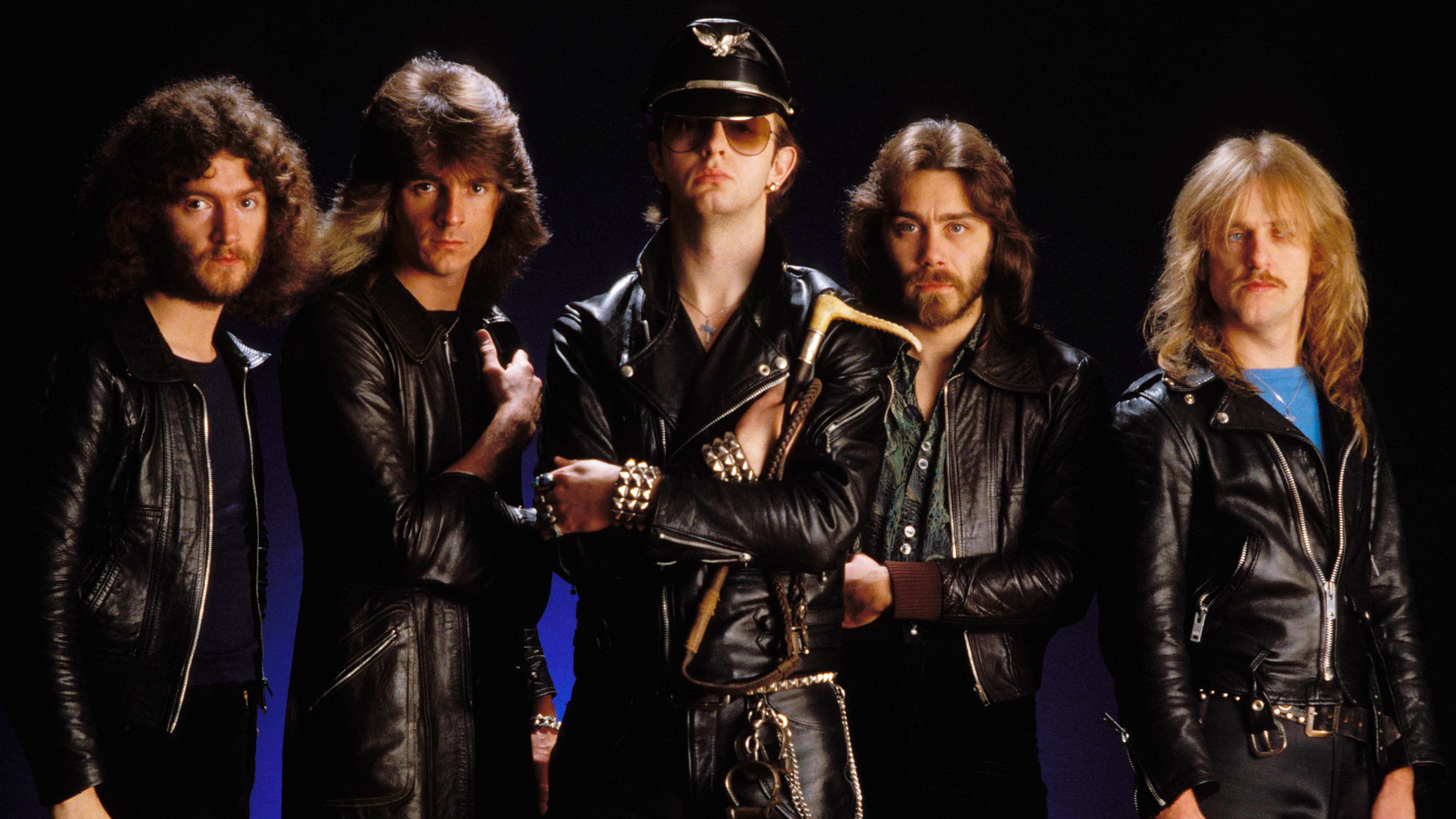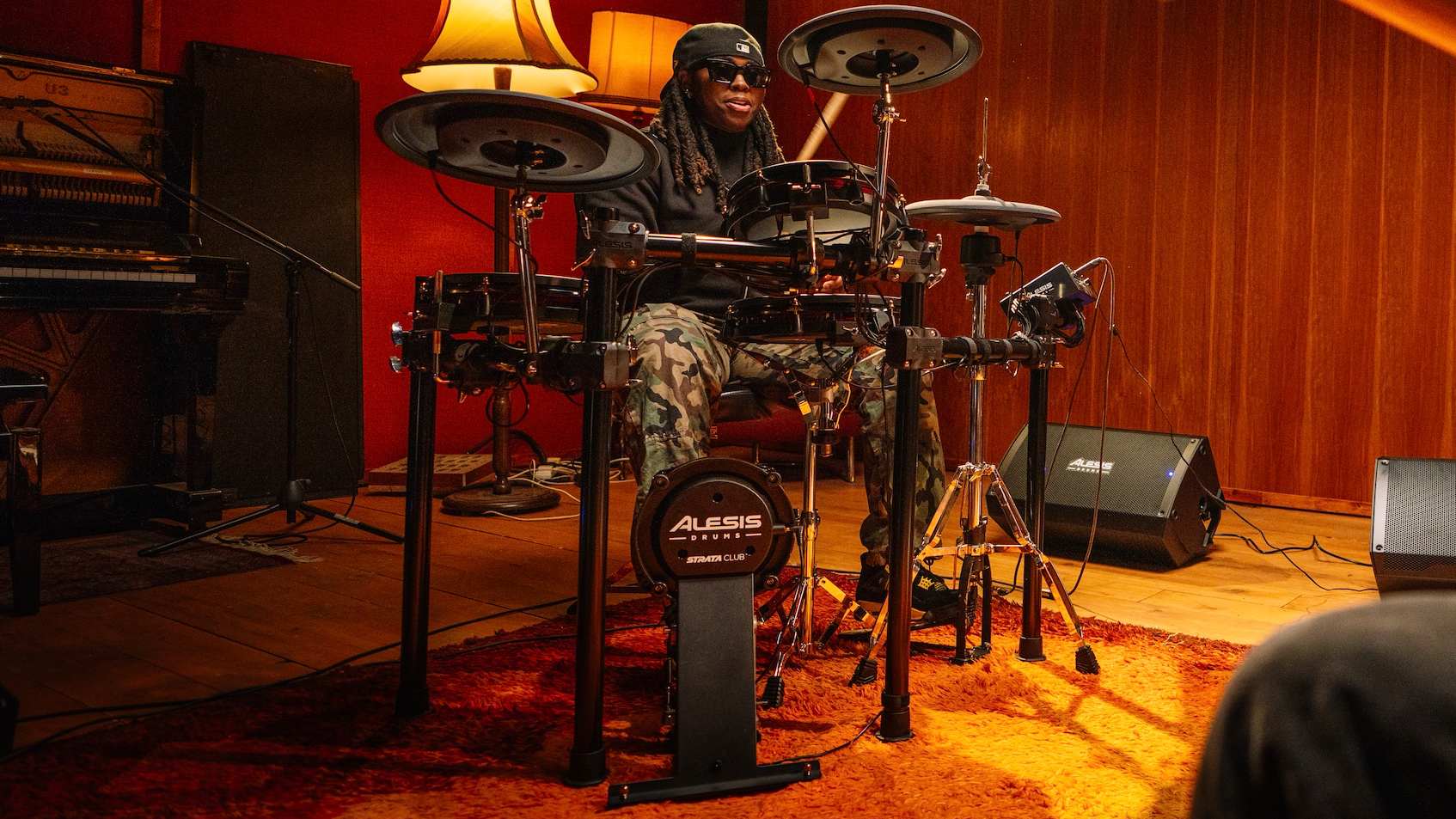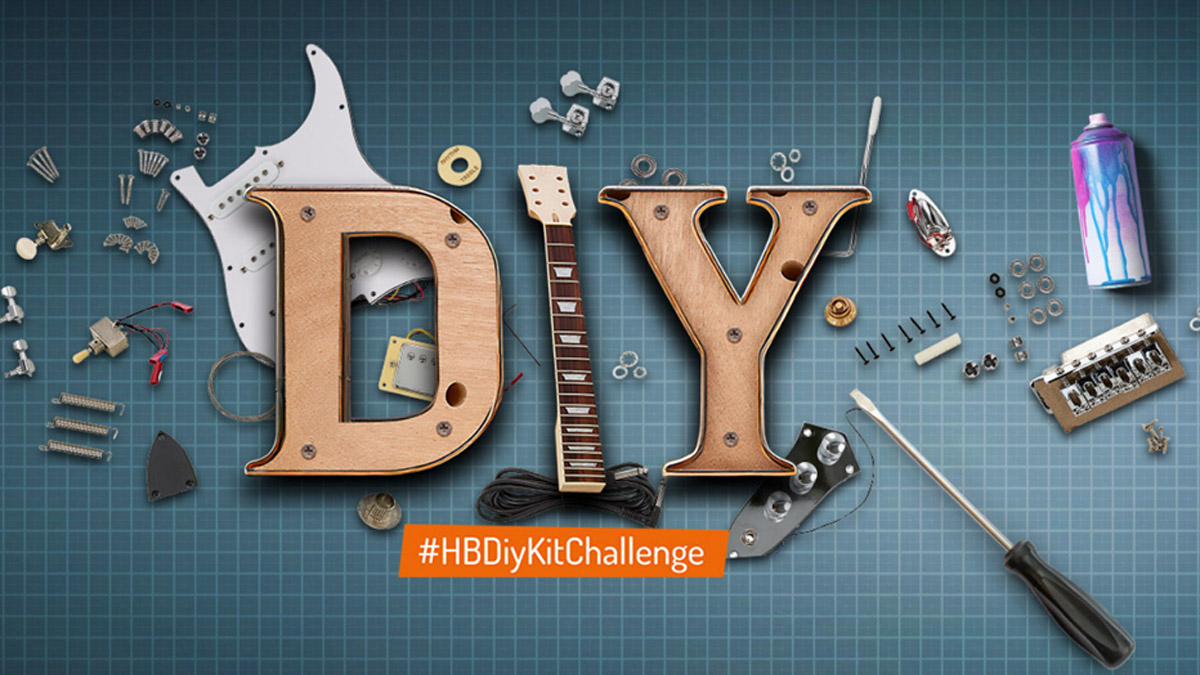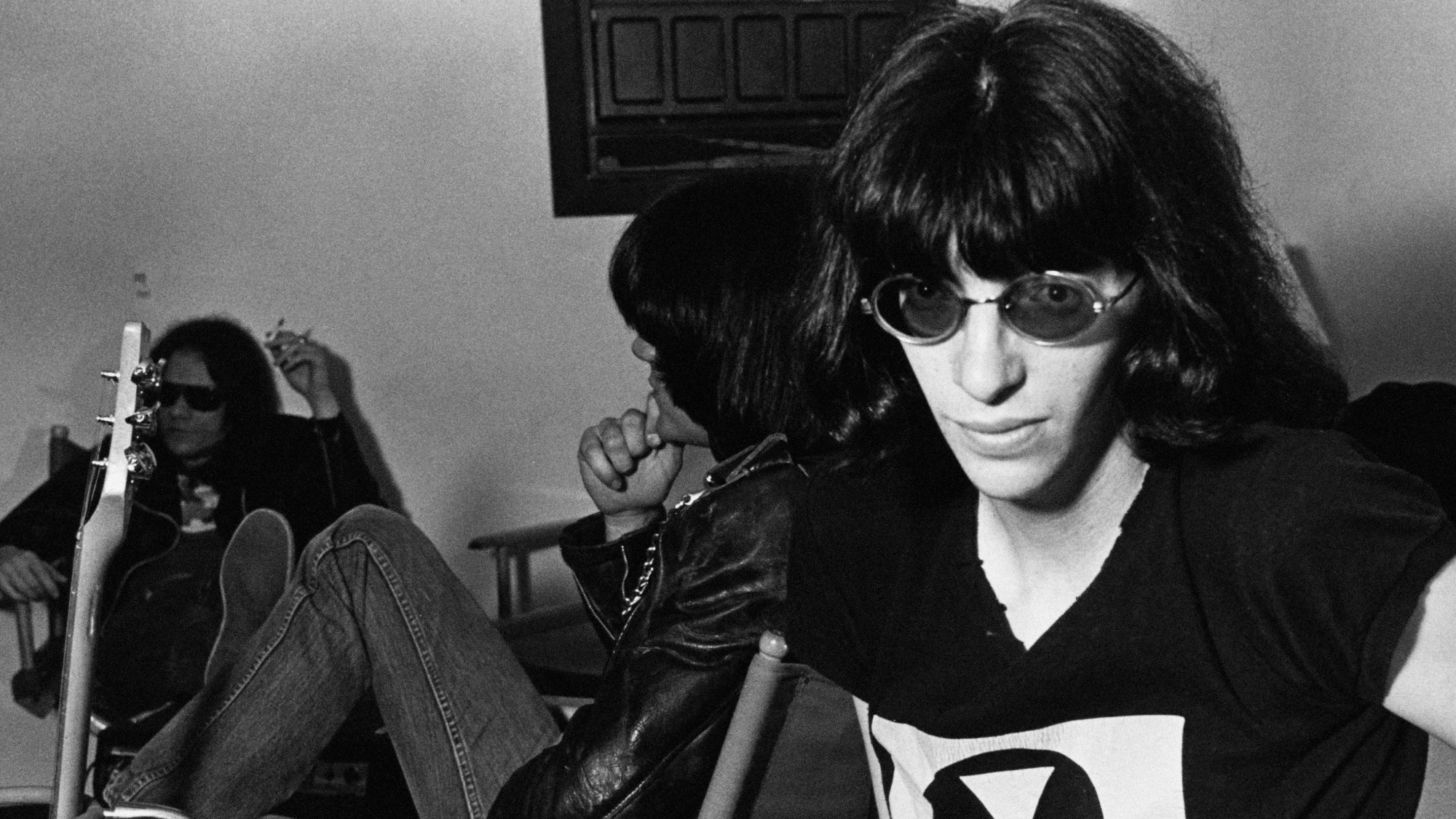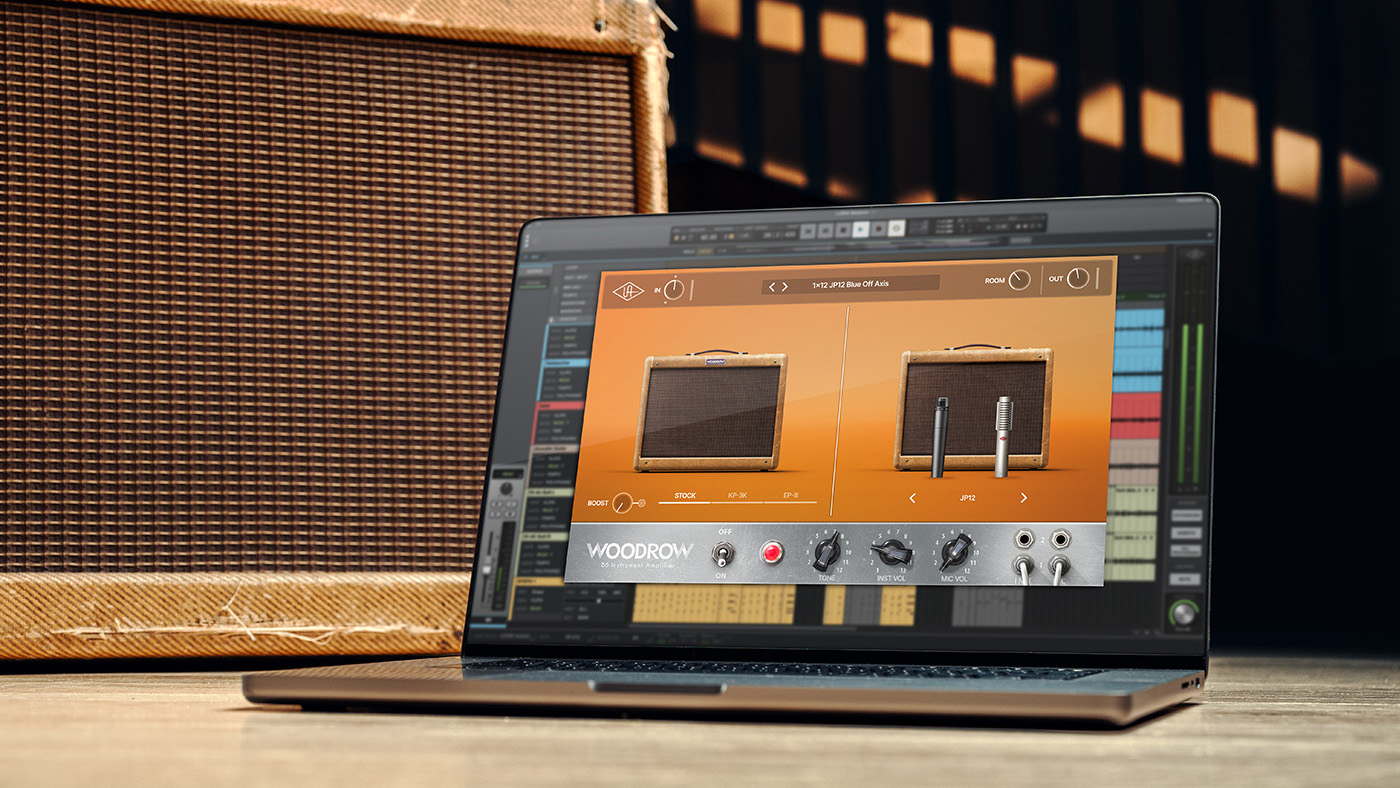5 reasons Steve Gadd is a drum legend
Why we love the famed session genius

Schooled jazzer
Steve Gadd is one of maybe half a dozen drummers in the past century of drumset history who it can be said changed the way every other drummer plays. Gadd is one of the most recorded drummers of all time, and certainly the most revered session drummer.
He was born in Rochester, New York in 1945 and, like Buddy Rich, was a child drumming prodigy and a tap dancer. He grew up playing jazz, touring Europe in 1961 as a school band member. His jazz schooling would serve him well, and he would go on to play with some of the greats of jazz and jazz fusion, such as Stanley Clarke. Here he is playing on Clarke’s ‘My Greatest Hits’, featuring some of the best grooves you’re likely to hear.
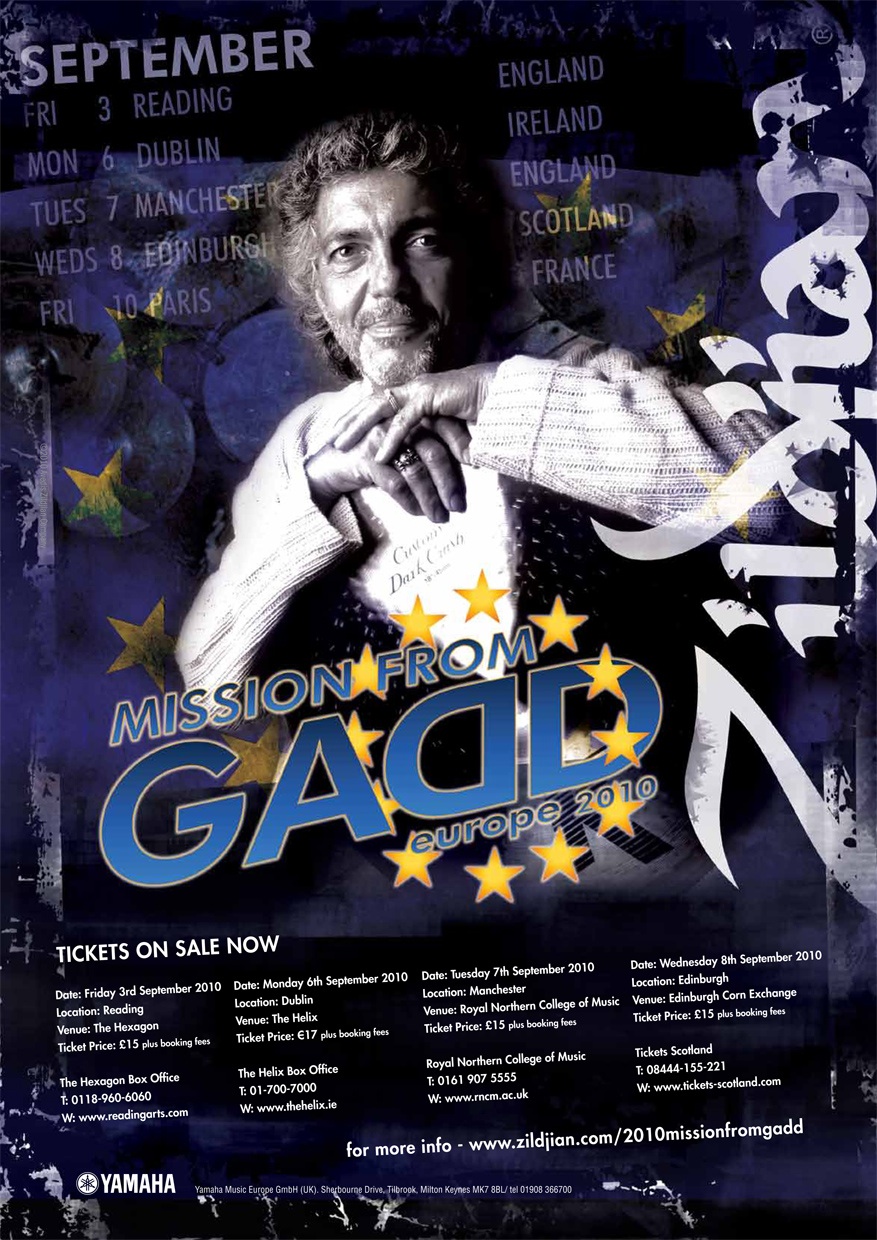
Session genius
In the early ’70s he moved to New York City and quickly established himself as the leading session drummer when the recording industry was at its all-time high. Early jazz and fusion dates with Chick Corea, Lee Ritenour, Stanley Clarke and Chuck Mangione reveal a ferociously talented but wholly sympathetic virtuoso.
During the 1980s he made the idea of the session drummer cool, an artist in his own right, when previously every drummer wanted to be in a band.
Following triple-session days in the studio, he and his fellow session elite grooved the nights away in the NY clubs with Stuff and Gadd’s Gang.
Here he is doing ‘The Gadd Solo’ with Stuff live at the 1976 Montreux festival. It’s classic ‘big hair’-era Steve.
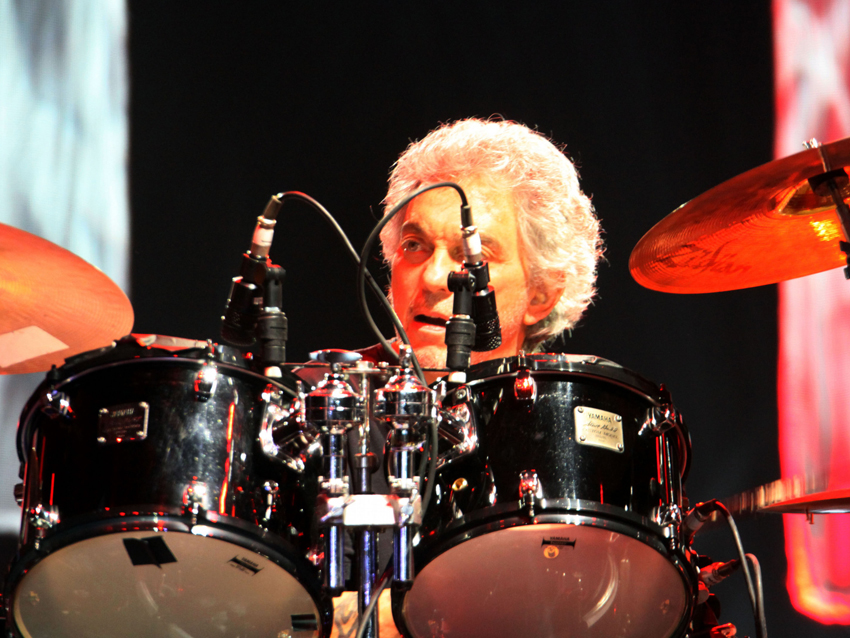
Recording giant
The clinical nature of modern recording was presaged uncannily by Gadd. He foretold the ’80s by introducing a super-precision into recording, almost as if preparing drummers for the arrival of the drum machine and sequenced tracks.
Despite his clarity of execution, Gadd is also the most passionate and deeply groove-oriented drummer imaginable. However technically slick his beats, no one could accuse him of lacking soul or groove. It’s a remarkable gift and it’s hard to put your finger on how he does it. Thousands have copied his beats but no one sounds like him. He remains utterly distinctive.
Here is Steve playing his famous ‘Rosario’ solo in 1986 – it’s Steve at his busiest in performance with the Manhattan Jazz Quintet.
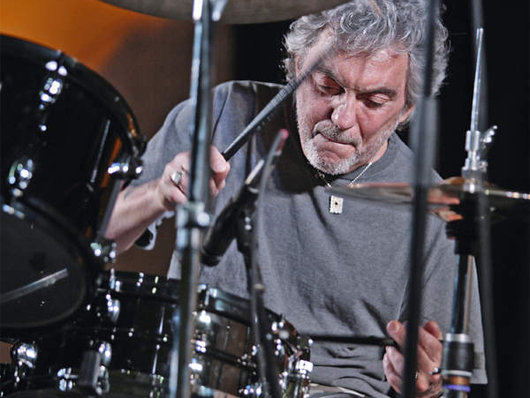
Passionate player
This special combination of precision with passion is at the heart of everything Steve does and is what makes him truly special. Who else could be the favourite of Chick Corea, Eric Clapton and Paul Simon, the one modern drummer singled out by Buddy Rich for “elevating the art of drumming, the one who has the most class behind the drums”?
Recorded live at the Blue Note Tokyo, this is Steve Gadd And Friends on top of their game playing ‘Caravan’.
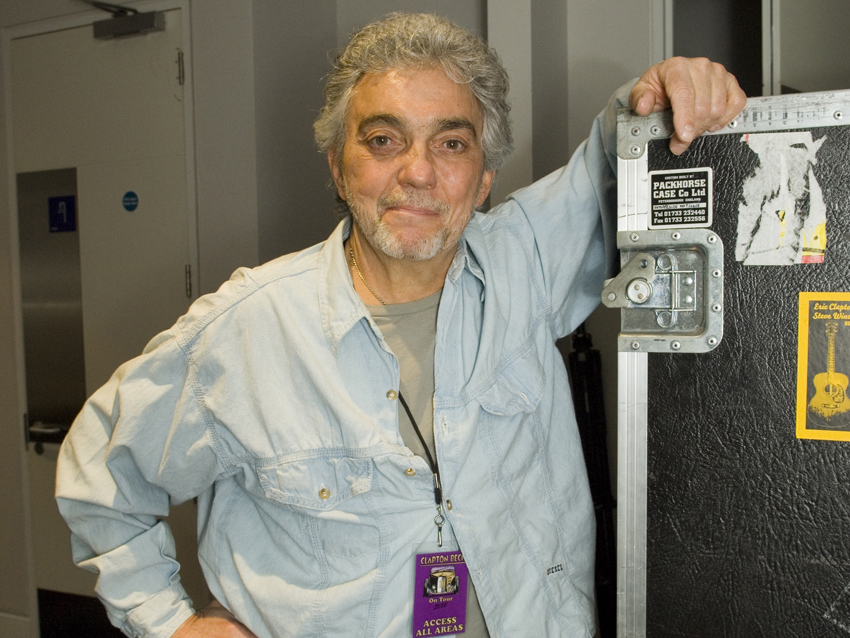
Legendary musician
Gadd’s influence goes further. For example, if you’ve ever played a 10" tom, or a floor tom on a stand, you’re following his lead. He put Yamaha drums out front (in the ’80s) and introduced the fusion kit concept with small top toms and shallow floor toms on stands instead of legs.
Playing-wise he made linear patterns work as hip grooves, fuelling perhaps the biggest stylistic makeover of drumming in modern times. He took rudimental stickings and substituted bass drum and hi-hat notes with crystal clear ghost strokes on commercial sessions. It’s even said he put disco drumming on the map with his first hit ‘The Hustle’ (1975) by Van McCoy. And his 1983 Up Close video ushered in the now thriving era of educational drum videos/DVDs.
Here is The Steve Gadd Gang live at the Bottom Line in New York in 1988. Awesome stuff.
Of course there are many other great Gadd moments. Like his incredible signature groove on Paul Simon’s ’50 Ways To Leave Your Lover’, which you can find in Rhythm’s 100 Greatest Ever Drum Beats bookazine – with a video on how to play it!


